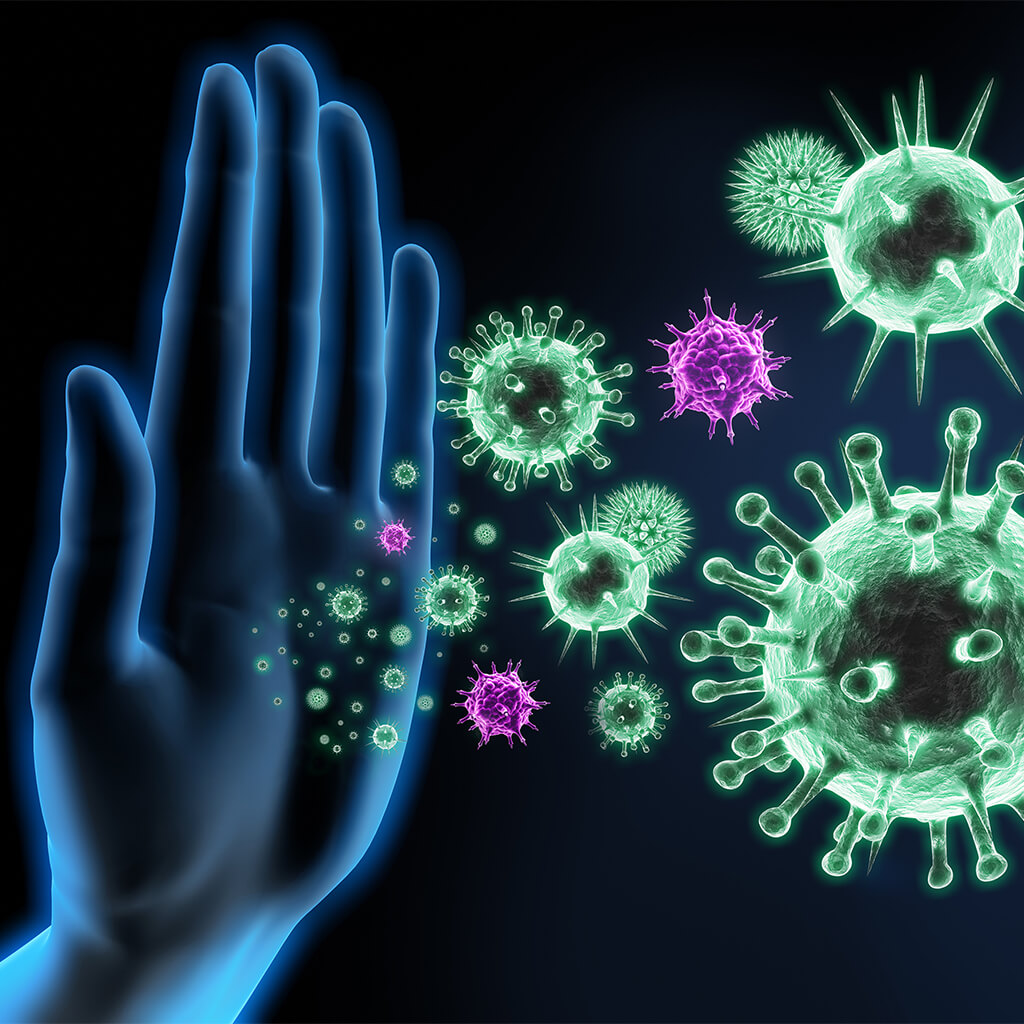Coronavirus: reaction of the immune system

Publication date: 22-05-2020
Updated on: 16-05-2025
Topic: Covid-19
Estimated reading time: 1 min
Article Author
Miriam Manfrini
Medical Editor
Adriano Lazzarin
Editor and Translator
Viktoryia LuhakovaWhat happens when coronavirus attacks the human body? How does the immune system react? The expert replies
Professor Adriano Lazzarin, Chief of the Infectious Diseases Unit of the San Raffaele Research Hospital and Consultant in Infectious diseases at the Casa di Cura La Madonnina, explains how the immune system reacts to the attack of the coronavirus.
How coronavirus works in the body
Professor Lazzarin explains that Coronaviruses is a very large family, mainly including viruses that cause colds and infections of the upper respiratory tract. As for the new coronavirus, its path within our organism is determined by the fact that by not having antibodies to contrast, this is free to replicate in the places where it is implanted.
Moreover, compared to the most common coronaviruses the new coronavirus can move from the upper respiratory tract, where it causes fever, cough and anosmia, and settle mainly in the lung, where the ACE2 receptors, with which it binds, trigger a very strong immune response. These receptors are genetically less present in women and almost or completely absent in children, but found in the lung alveoli in men.
The immune system response
In an attempt to stop the virus, infected cells and the immune system produce a cytokine storm which generates a very strong inflammation, which can cause organ damage and difficulty in breathing.
To date, attempts are being made to stop this cytokine storm by using immunosuppressants, which block the action of the immune system, as well as by using antiviral drugs whose effectiveness is being tested in several regional hospitals identified for the treatment of COVID-19 pathology.
Coronavirus and children's immune system
Children are not immune to the new coronavirus, therefore, Lazzarin specifies, they must be protected as well. In particular, those under the age of 1,5 years are most at risk, because they do not have a mature acquired immunity, but only the few antibodies that the mother transmits to them. To date, it is believed that children generally present less relevant clinical manifestations precisely in relation to the absence or lower expression of ACE2 receptors.
Fragility of the elders
Compared to the younger adult of the same sex, the elderly over 65 is also at greater risk, as they have weaker defenses against viruses.
"What changes is that complications arise in the elderly. In the case of an important symptomatology, in fact, the only thing that helps is being well ventilated, with oxygen, cpap, intubation etc. In this process, however, the elderly has more co-morbidities: pneumonia, sepsis, systemic diseases of an organ, impaired heart function... Therefore, in general, one dies more from complications than from intensity of the disease itself", specifies Professor Lazzarin.
Herd immunity
The establishment of the herd immunity against COVID-19, which is being discussed a lot in recent days, is a premature forecast to be made. In fact, this occurs when, in the diffusion network, the virus encounters an immunized individual (vaccinated or who, having overcome the disease, has antibodies that protect him from infection) for which the infection is interrupted.